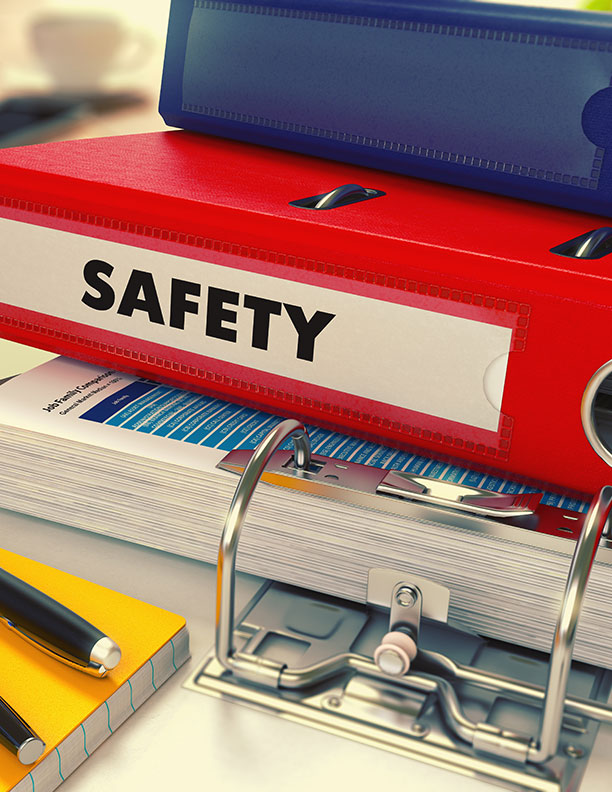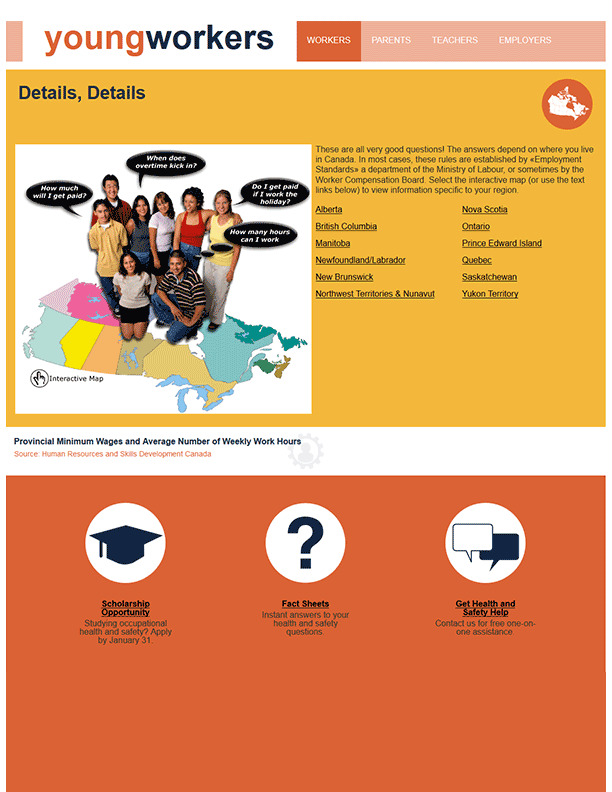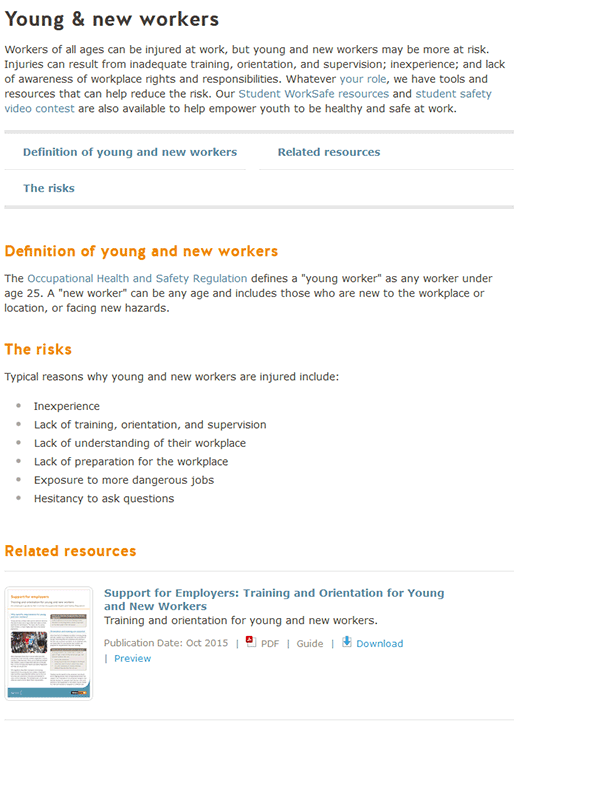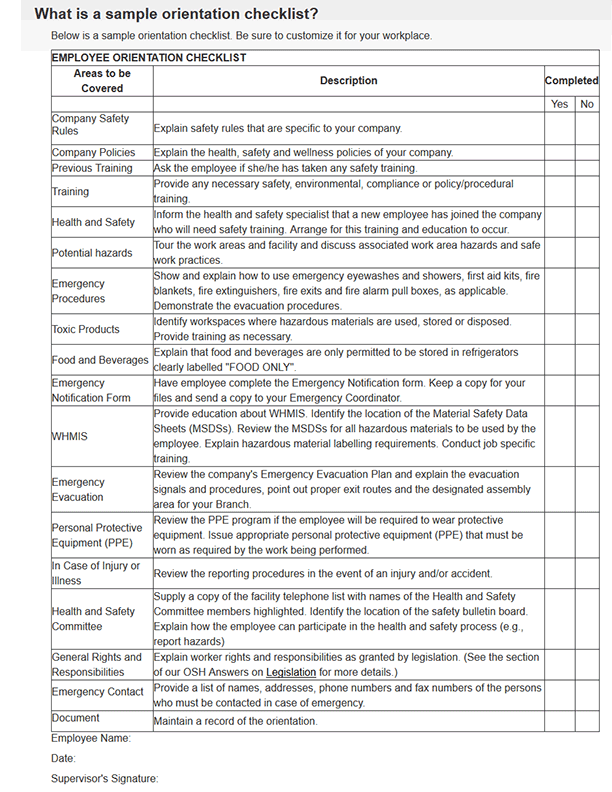July 31, 2017
Considering the fact that most people spend more time at work than anywhere else, it is important to ensure that employees feel psychologically secure in the workplace. This takes on greater importance in the holiday season as existing psychological issues can get amplified for some employees.
Most people spend more time at work than anywhere else. If work is a place where employees feel physically and psychologically safe and supported, that’s not such a bad thing.
Unfortunately that’s not always the case. The Mental Health Commission of Canada states that 70% of Canadian workers are concerned about the psychological health and safety of their workplace; 14% don’t believe their workplace is mentally healthy at all.
In fact, mental disorders—defined by the Workers Compensation Act as caused by traumatic events, cumulative work-related stress, or bullying and harassment—are one of the fastest growing categories of disability costs.
The statistics say it all:
- On any given week, more than 500,000 Canadians will not go to work because of mental illness, mostly anxiety or depression.
- More than 30% of disability claims and 70% of disability costs are attributed to mental illness.
- Approximately $51 billion each year is lost to the Canadian economy because of mental illness.
The tourism industry isn’t exempt. WorkSafeBC stats show that from 2012 to 2016, of the 10,617 mental health disorder claims filed in BC, 852 were from the accommodation, food and leisure sector.
Part of the problem, say experts, is that, historically, occupational health and safety programs have focused mainly on physical health. Yet research shows there are clear benefits to paying attention to both physical and mental health. Employees who feel psychologically supported are more committed to their jobs, more satisfied and productive, and more likely to stay with the company. On the flip side, those who feel unsupported are more apt to call in sick, perform at lower levels, or quit—all at cost to the bottom line.
So what can employers do to promote psychological safety? They can start by evaluating their approach to mental health with the following questions:
- Are supports in place to address mental stress before it turns into distress?
- Do certain staff members have the training to recognize and respond to early signs of mental disorders?
- Do some workplace practices pose risks to psychological health? Do some support it? The goal is to minimize the risks and strengthen the supports.
- Is there an Employee and Family Assistance Program in place and are employees aware of it?
Then there are plenty of free online resources to help employers develop and implement a psychological health program step-by-step:
- The Mental Health Commission of Canada offers a range of materials related to workplace mental health, including:
- A National Standard of Canada for Psychological Health and Safety in the Workplace and an implementation guide
- Mental Health First Aid training geared to workers who are responsible for first aid
- Free monthly webinars on workplace mental health promotion
- Guarding Minds @ Work is an evidence-based resource that provides tools for supporting workplace mental health based on 13 key performance measures.
- The Canadian Mental Health Association’s Workplace Strategies for Mental Health website offers a Workplace Mental Health and Safety Management System, with videos, slide presentations and other materials to help plan, implement and evaluate it.
- You can also contact your local Canadian Mental Health Association office for assistance. Contact information for each office is provided on the website.
- WorkSafeBC’s website provides information on the mental disorder claims process
- The Canadian Centre for Occupational Health and Safety is a one-stop shop of mental health resources, providing links to toolkits, handbooks and newsletters from a full range of mental health websites.



